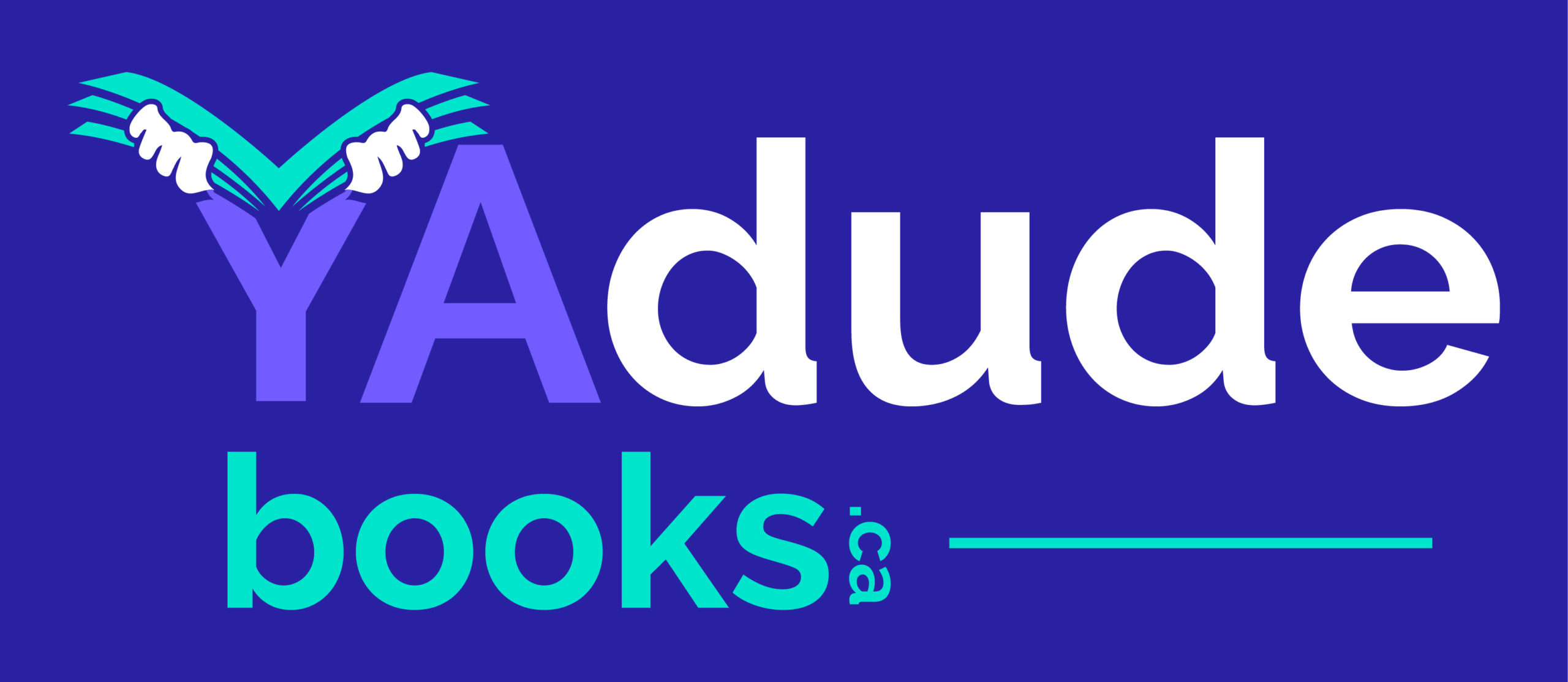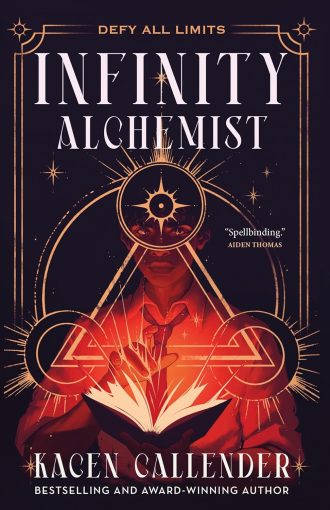Infinity Alchemist is a spellbinding fantasy novel about a quest that leads three young alchemists toward dangerous truth, legendary love and extraordinary power. Acclaimed author Kacen Callender turns their formidable skill to young-adult fantasy for the first time.
The story follows Ash Woods, a young alchemist who must hide his practice of alchemy due to strict laws governing its use. Magic used to be believed as a gift only for special people. Now, it’s known that anyone can become an alchemist. But legally, only licensed alchemists can use advanced energy. The first tier is open to everyone, involving basic life energy. The second tier, where people exceed normal energy levels, is also allowed without a license and is often seen in artists and athletes. However, tiers three and above require a license.
Ash agrees to work as an assistant groundskeeper in Lancaster College of Magic so that he can secretly learn Alchemy. When Ash crosses paths with Ramsay Thorne, a brilliant apprentice, their unlikely partnership forms the heart of the narrative. Together, they embark on a quest to find the legendary Book of Source, a journey that leads them into danger and forces them to confront their own beliefs about power and responsibility.
Infinity Alchemist excels in its portrayal of characters, particularly in its handling of gender, sexuality and love within a hierarchical and conservative society. Ash is a trans boy, and Ramsay, gender-fluid. Callender writes:
Ramsay was someone who shifted genders. This was rare and often a marker of exceptional power. People like Ramsay were thought to have lived hundreds of thousands of previous lives, experiencing so many genders that their energy felt no need to settle on only one. Some people who had no gender were theorized to have reincarnated from a future when gender no longer existed — at least, not as the world currently thought of it, as simplified binaries rather than infinite energy manifested into physical bodies.
Those who, like Ash, felt uncomfortable with their assigned gender at birth, were people who had likely lived most of their past lives with a particular identity. Despite this, gender identity and sexuality are seamlessly accepted. Ramsay’s fluidity is shown through changing pronouns in different chapters. Furthermore, the exploration of polyamory, as Ash finds himself drawn to both Ramsay and Callum, adds depth to the relationships portrayed.
Despite its classification as YA and its straightforward writing style, the novel tackles mature themes that may be challenging for younger readers. I feel that the inclusion of multiple on-page sex scenes, a friends-with-benefits storyline, and vivid descriptions of torture, abuse and sexual assault (Samantha Wood’s case) may make this book unsuitable for some individuals within the YA age range.
While I found the first few chapters of the story engaging, I couldn’t help but feel that Chapter 1 would have served better as an epilogue, setting a tone for the book. I also felt that the pacing was rather fast in the last six chapters. In addition, I wished for more exploration of secondary characters (particularly Callum and Marlowe) and settings, especially within the different Houses (House of Adelaide, House of Galahad and House of Alders) and the broader world of alchemy.
Despite these minor critiques, the ending of Infinity Alchemist was satisfying, albeit unexpected, leaving me eager for more. Also, I couldn’t shake the feeling that another character deserved the power from the Book of Source, or one of them might destroy it before anyone could use it.
In conclusion, Infinity Alchemist is a captivating read that blends fantasy, romance and LGBT+ themes into a rich tale. With its richly imagined world, compelling characters and great plot, it’s a must-read for fans of young-adult fantasy looking for a fresh and inclusive take on the genre.
– Weldon Ngetich


